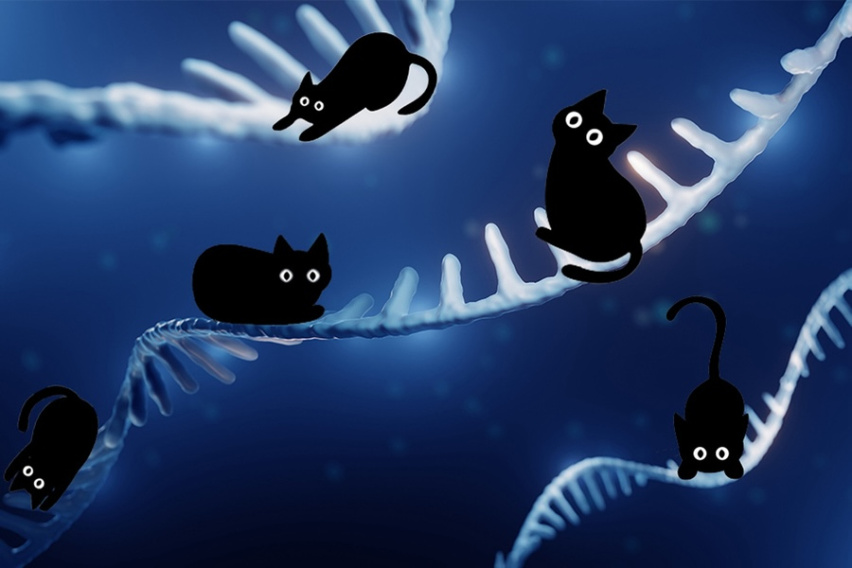MIT News
October 8, 2025
The Chen Lab is developing CAR NK-cells, a cancer immunotherapy approach already in clinical trials that offers notable benefits over approved CAR T-cell treatments. Their newly published study, which appears in Nature Communications, identifies genetic modifications that can make CAR NK-cells more effective, less prone to rejection or side effects, and simpler to produce.
The streamlined, one-step engineering innovation could enable development of off-the-shelf therapies that can be given to patients at diagnosis, several weeks sooner than traditionally engineered CAR NK- or CAR T-cells. The Chen lab and their clinical collaborators hope to run a patient trial of this new approach.
This research was funded in part by the Koch Institute Frontier Research Program through the Kathy and Curt Marble Cancer Research Fund and the Elisa Rah (2004, 2006) Memorial Fund
